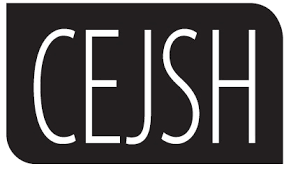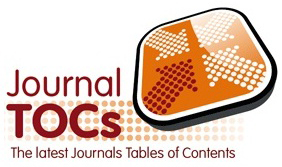OPEN ACCESS POLICY of our journal
Our journal “Journal of Legal Studies” is an academic journal that allows open access to readers. It is available online to readers without financial, legal or technical barriers, on the principle to maintain the integrity of the content of the article.





















